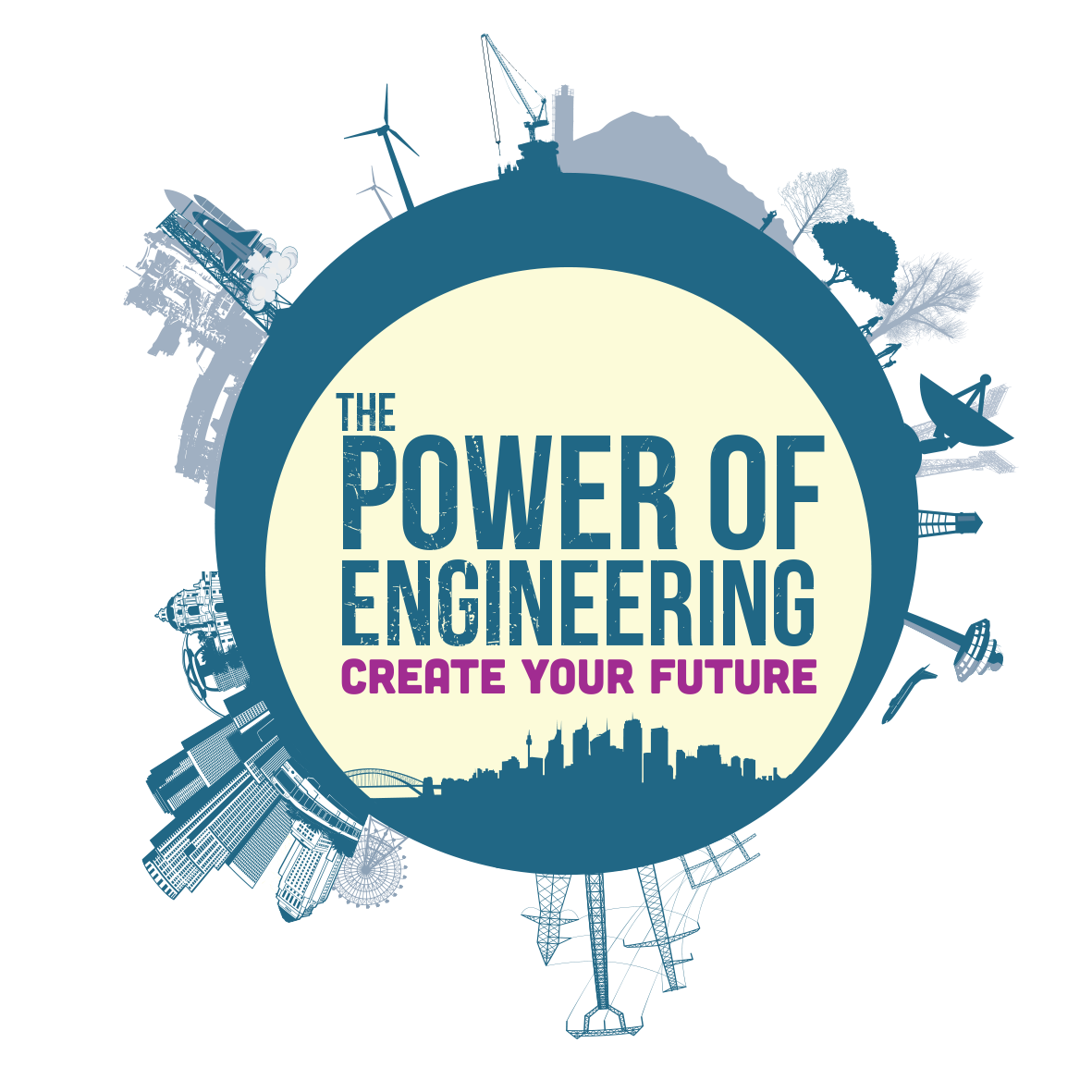Happy Women in Engineering Day 2020!
To celebrate, we asked our President, Ashley McCarthy-Griffiths, to tell us about her brilliant career so far and why her work with Power of Engineering is so important.
What made you want to become an engineer?
My dad. I enjoyed Maths, Science and English but was always an A- or B+ student. I didn't really know what an engineer was or did, but didn't think I was smart enough to be an engineer. My approach to figuring out what university course I wanted to do in Year 11 was to go through the careers guide book and cross off the careers I didn't think I would be interested in. My Dad suggested that, before I ruled out engineering, I should come to his office and talk to different types of engineers to understand more about what they do. Talking to different engineers at my dad's work made me realise there are a lot of different types of engineers. I also learned about the role engineers play in society, and in making a difference to the community.
Can you give us a canned history of your career highlights so far?
I did a mechanical engineering internship at a design consultancy and learned that I do not enjoy technical mechanical engineering design work!
“The impact Power of Engineering makes is extraordinary, with an average of 80% of students considering an engineering career after an event.”
I also worked as a technology strategy and optimisation consultant at Deloitte. Some of my highlights there were project managing the implementation of a data platform and developing an open data strategy for an energy retailer. My current role is as a business analyst at BHP, where I work with a variety of teams across our coal sites and Minerals Australia operations to identify and understand their current challenges and explore how we can leverage technology to deliver value by improving safety and productivity. I’ve done lots of exciting work exploring high-tech mining equipment such as drones, facial recognition, robotics and automation.
Can you share any stories about your experiences as a woman in the engineering industry?
I went to an all-girls school, so first year university was the complete opposite and quite an adjustment. Some of the engineering buildings at QUT were built a long time ago, and only very few female engineers were studying at the time. So they only put female bathrooms on the top or bottom floors. It was quite annoying when you needed to pop out during an exam or class time, as you had to trek to a different floor and lose additional time away from the class or exam.
There were instances during the allocation of roles and deliverables in group assignments where some individuals would assign me the task of prettying up the report, because that is a girl's task. Or if I volunteered to do a specific section of the report they would tell me that it would be far too hard for me to do. I would just say challenge accepted! These incidents mainly occurred in my first two years at uni.
Tell us about how and why you came to volunteer for the Power of Engineering?
I recognise not everyone has access to a role model like my dad. Students deserve the opportunity to understand what a career in engineering looks like, to help them make a decision on what career path interests them. I came across Power of Engineering at university, and volunteered and spoke at multiple events. The organisation really resonated with me for their site visits, which provide female and regional students with an opportunity to understand what engineering is, the different opportunities it can offer, and the roles engineers play in their community. But what truly impressed me was the students that Power of Engineering are interested in reaching with their events – not the A+ students, but the B students who are interested in science and maths. The A+ students tend to receive other opportunities to understand what engineering is. However, a B student does not have as many opportunities in this space. I know for me this was the case. I got to attend the Science and Engineering Challenge in Year 10, but that was only because a girl was sick and my mum was easily contactable to get permission quickly so I could attend. The impact the organisation makes is extraordinary, with an average of 80% of students considering an engineering career after an event.
Power of Engineering brings real engineers into the classroom, and students out to engineering sites. Can you share a story about how this has helped inspire young women to consider engineering as a career?
I have too many to share! One that really resonates with me is when I’m talking to students about the types of engineering I show a slide that has 45 different types of engineering on it. The students always say wow, I didn't know so many types of engineering existed! When we do the practical workshops with students at the end of our events, I like to take a few minutes and ask them what engineers they think would be involved the workshop (examples are making a bionic hand or a tower). You see that ah-ha moment of the students realising there is never just one type of engineer involved in the process, and that engineering is all about teamwork.


